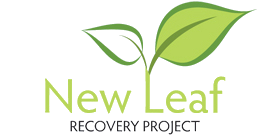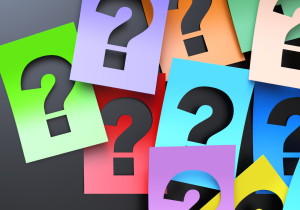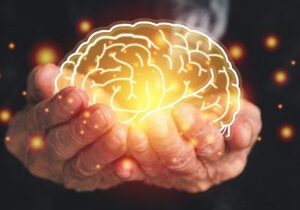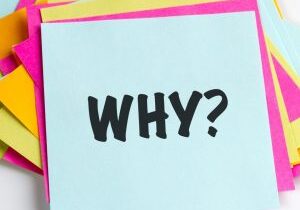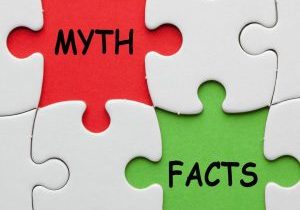Drug and Alcohol Abuse Is Not a Long-Term Fix for Unhappiness
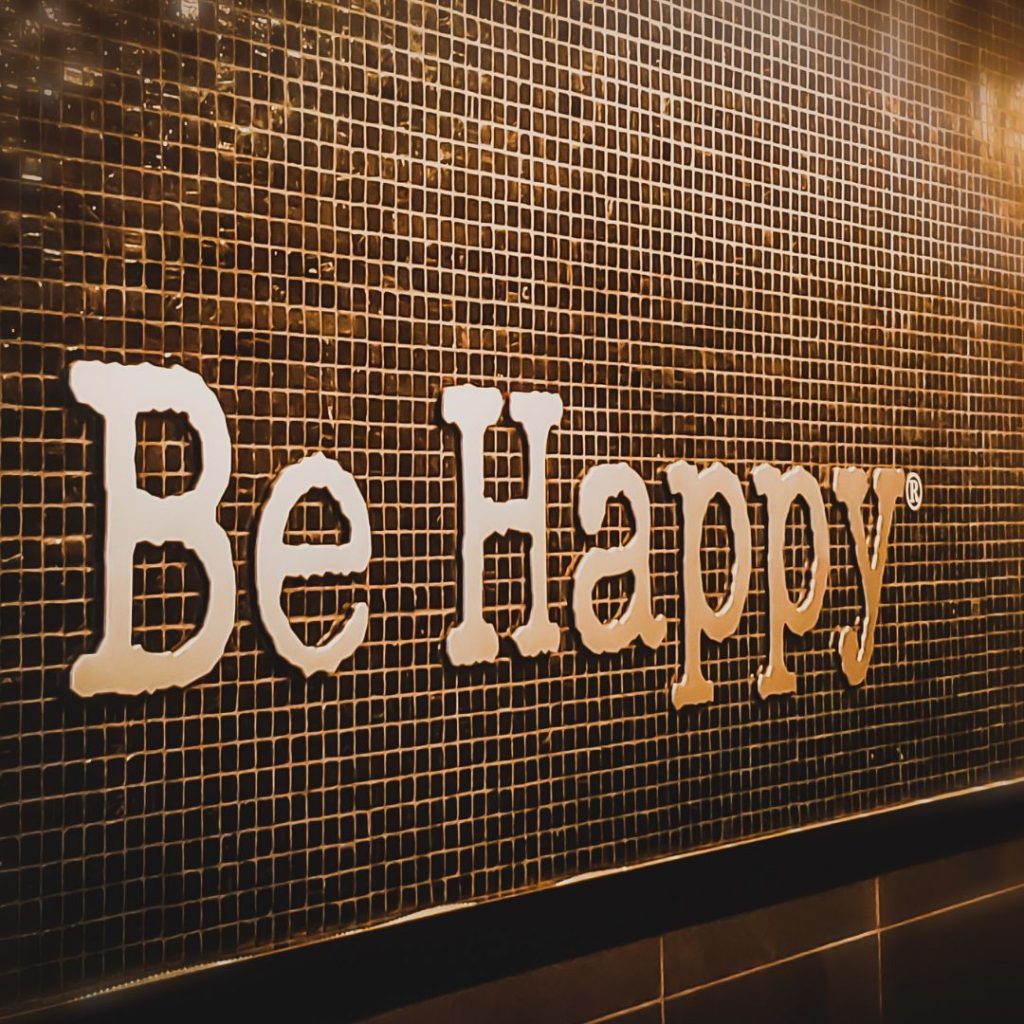
When things go wrong in life, for instance if you experience the death of a loved one, sudden unemployment or a traumatic incident, you can be left with feelings of grief, depression and anxiety. To suffer any of these at any time is horrific, but it can be particularly challenging for first-time sufferers. The natural reaction is to try and return to your previous mental state as quickly as possible. Unfortunately, once illnesses such as depression and anxiety take hold, they cannot be easily shaken off.
Instead, many sufferers will turn to short-term fixes like recreational drugs and alcohol to sedate the mental illness. The temporary high received from intoxicants may make someone briefly forget their problems, but as it is temporary, and with them spending so much of their sober life focusing on these problems, the temptation is to continuously return to the drug and alcohol-induced state.
This Leads to Drug and Alcohol Addiction
Whilst it is undeniable that for many people having a few drinks after a difficult week can have a positive effect, it is important to consider that these people will enjoy such a release in moderation. A difficult week for someone not suffering with depression or anxiety is easier to cope with, so the need to continue the high won’t be there.
Somebody suffering with mental illness does not have the same coping device and is likely to fear their illness, so will not want the high to end and risk letting their low mental state back in.
In the long-term, this will cause drug addiction or dependency, leading to further problems, including effects on physical health, social interaction and financial wellbeing. It will also make recovery from depression, anxiety and other mental illnesses considerably harder and possible intensify them.
How Best to Deal with Mental Illnesses Instead
If you have any feelings of depression, low self-esteem, anxiety or have symptoms of OCD (Obsessive Compulsive Disorder) you should book an appointment with your GP. They will either recommend medication or CBT (cognitive behavioral therapy) wherein you can speak with trained therapists about your negative feelings.
Contact New Leaf Recovery
If you have already used recreational drugs or alcohol abuse as an attempt at improving your unhappiness, or are concerned for a friend or family member suffering with any other kind of addiction, please contact one of our professionals at New Leaf Recovery Project.
Contact us on 0300 999 0330 or complete the contact form below.
Receive a Free Call Back
"*" indicates required fields
Our Complete Recovery Journey - from your initial enquiry, all the way through treatment and beyond into ongoing support, New Leaf Recovery are there to guide and support you.
New Leaf offers a complete journey of treatment - from initial detoxification and rehabilitation to ongoing support, including aftercare, family support, and beyond into long-term recovery.
Getting the right accommodation enables us to provide the right backdrop for our recovery methods. Any form of rehabilitation needs to happen in a safe, comfortable, secure and friendly environment.
Receive a Free Call Back
"*" indicates required fields
